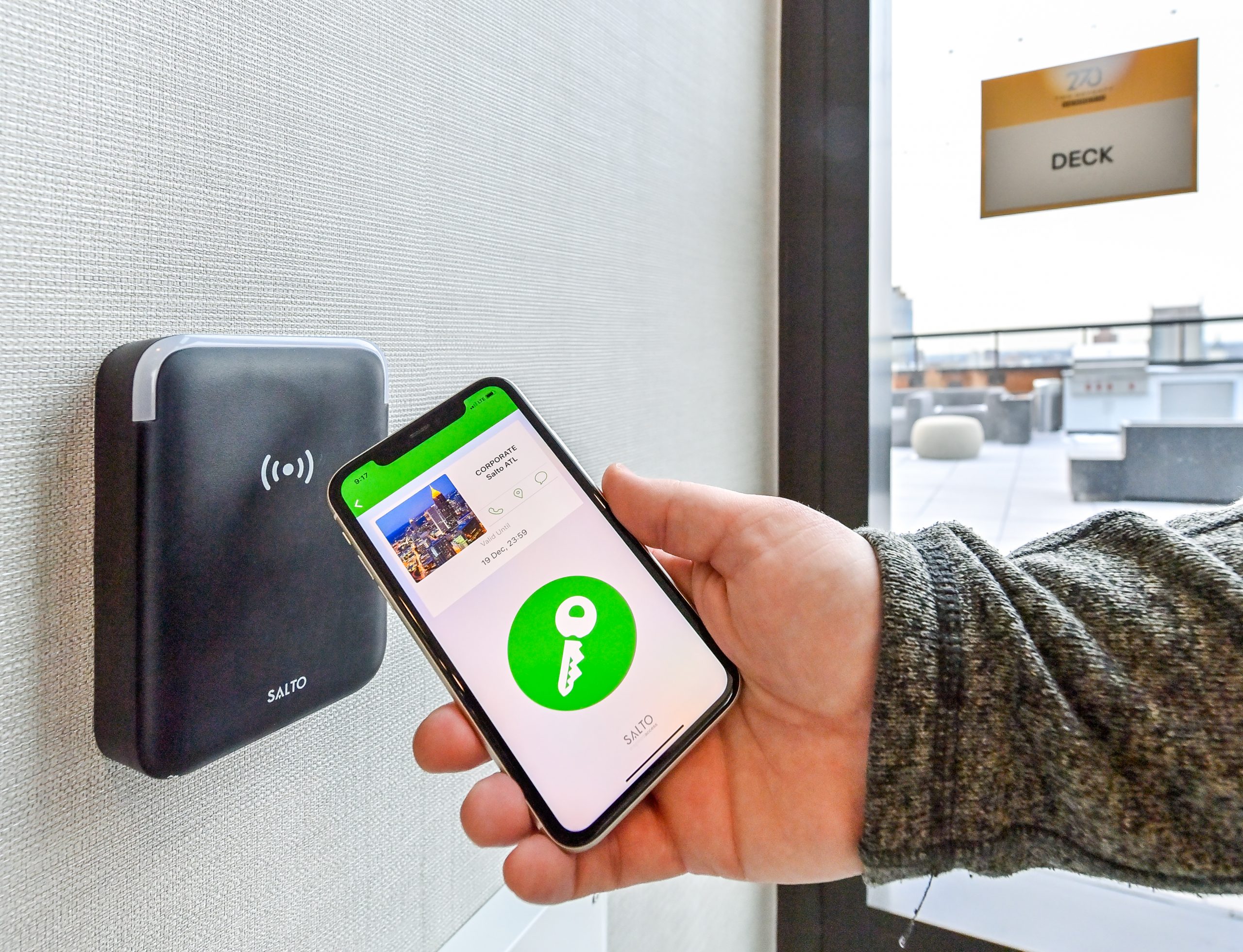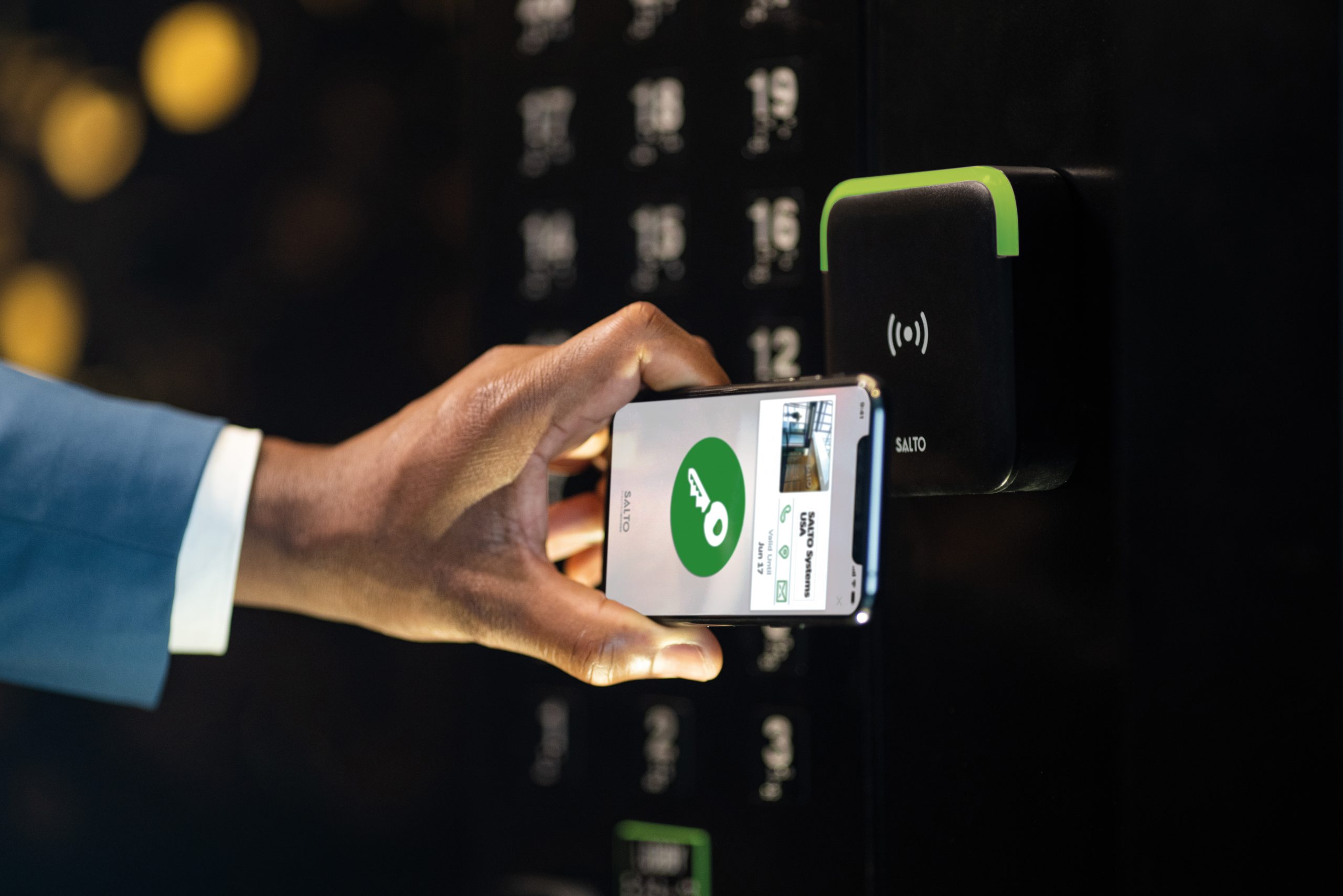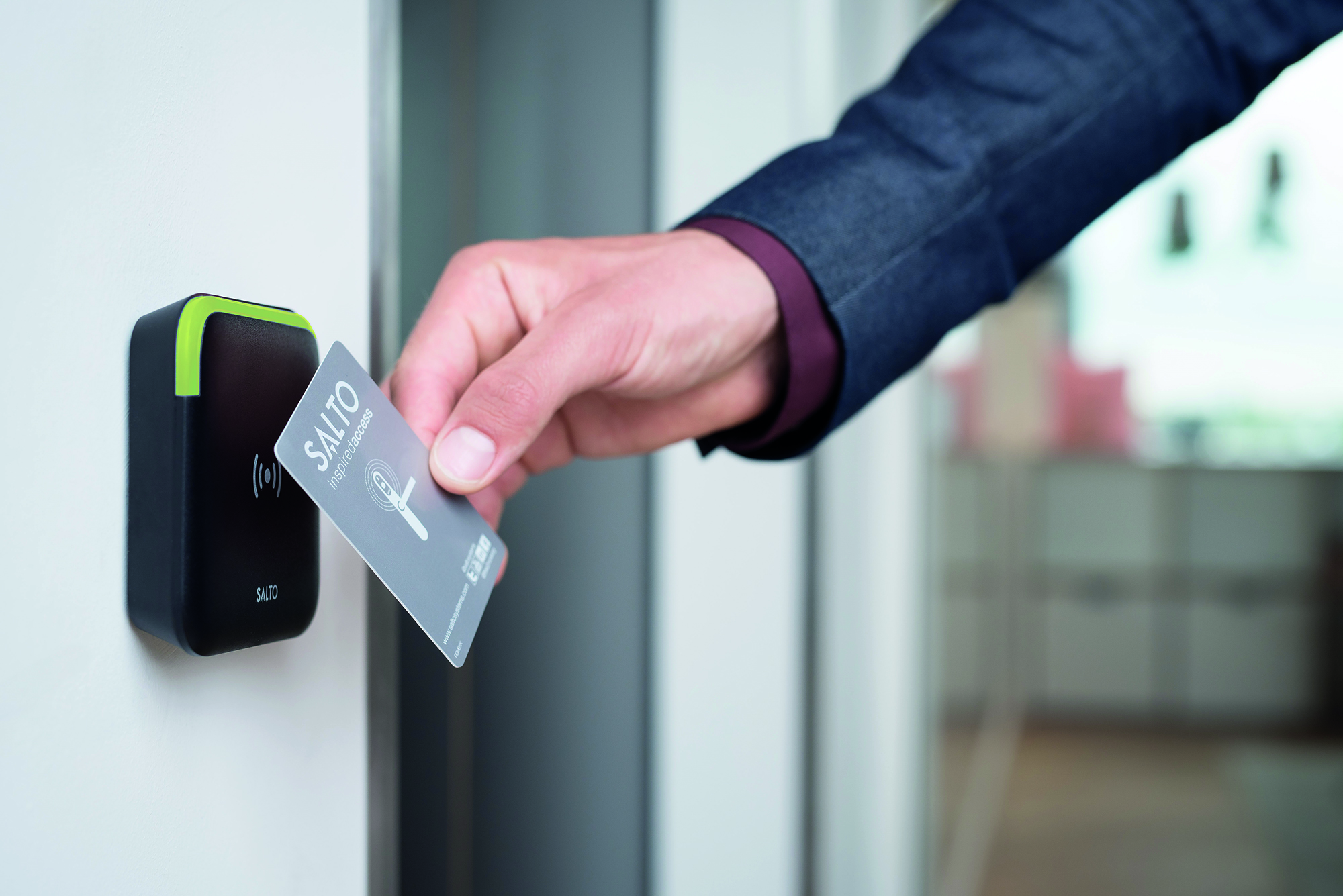In the world of multifamily access control, the balance between security and convenience has often been a delicate one. Traditionally, physical credentials have been the cornerstone of access systems. However, the advent of secure physical and mobile credentials is changing the industry, proving that enhanced security can go together with user convenience.
The Pitfalls of Traditional Physical Credentials
For years, 125 kHz Prox credentials have been the standard for physical access control. They’re cheap, compatible with nearly every access control system and come in a variety of form factors. Unfortunately, their widespread use has exposed a glaring and dangerous vulnerability: their ease of cloning. With minimal technical know-how and readily available tools, these legacy credentials can be duplicated, compromising the security of the entire access control system—along with the people and property it is there to protect.
Similarly, MIFARE Classic credentials, considered highly secure prior to 2008, have shown susceptibility to unauthorized duplication as more advanced cloning devices have come on the market. These devices have seen a recent proliferation as they’ve become more common, cheaper, and have widespread online availability. This vulnerability underscores the need for the security industry to shift towards more secure technologies.
Advancements in Secure Physical Credentials
Enter 13.56 MHz MIFARE DESFire EV3 credentials. These secure credentials are at the forefront of modern access control solutions. With a robust security protocol, they provide a level of security that is far ahead of the preceding technologies. They are competitively priced, compatible with most modern access control systems, wall readers, and work with many smart locks for residential unit access.

The Rise of Mobile Credentials
Physical credentials have come a long way since magstripe and 125 kHz Prox but13.56 MHz smart cards still may have some challenges in the future. There are not any crystal balls in the security world, and we don’t know how technology or cyber criminals will evolve. Mobile credentials currently represent the pinnacle of convenience and cybersecurity in access control—in part because they can be updated via software to stay ahead of the cybersecurity curve. The inherent security features of modern smartphones, such as biometric authentication and secure elements, provide an additional layer of protection against unauthorized access.

By leveraging the ubiquitous nature of smartphones, mobile credentials deliver a frictionless experience for users, allowing them to gain access with a device they already carry while enhancing building security for all residents.
Despite the benefits of mobile credentials, there is an understanding that some residents or staff may always prefer a physical credential—something that doesn’t need a battery or software to work. In these instances, it is crucial to avoid legacy physical credentials and opt for secure credentials like MIFARE DESFire EV3.
By adopting a hybrid approach that offers both secure physical credentials and mobile options, properties can cater to diverse resident preferences while maintaining a high security standard and incredible user experiences.
At SALTO Systems, we have embraced the hybrid credential model and have updated our hardware and platforms to accommodate legacy credentials, secure MIFARE DESFire EV3 credentials, the latest in BLE mobile access and NFC-based credentials in mobile wallet apps.

A New Era in Security and a Foundation for the Future
This evolution of access control systems is a testament to the pace of innovation in security technology as well as to the companies and individuals driving the industry forward. Secure 13.56 MHz credentials and mobile credentials are not just a step forward; they are a giant leap towards a future where security is effortless and resident experiences are front and center.
The post "Living Smarter: The Evolution of Access Credentials in Multifamily Communities" appeared first on Building Design & Construction








0 Comments